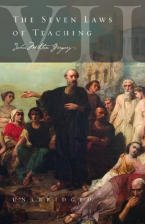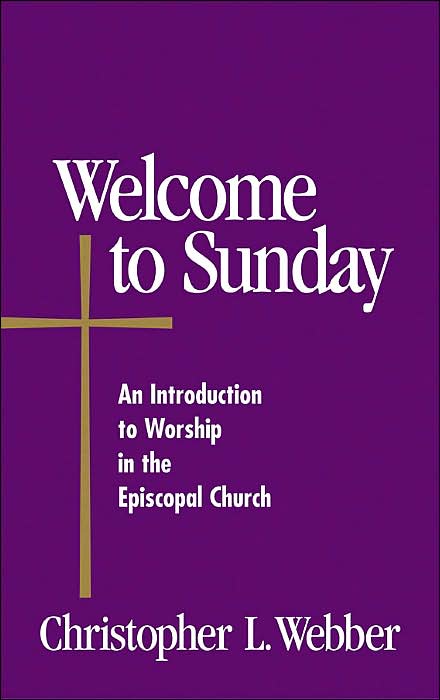The Purpose of the Pulpit
 As a result of my link to Doug Wilson's comic strip regarding the sermon, I have received some questions regarding my view of preaching. One of my good friends emailed me a question, so I thought I would post it, as well as my response here:
As a result of my link to Doug Wilson's comic strip regarding the sermon, I have received some questions regarding my view of preaching. One of my good friends emailed me a question, so I thought I would post it, as well as my response here:What type of preaching are you inclined to now? I ask this not as a challenge but as one that is very curious and eager to learn more. I have read some of the books that you recommended on preaching including "Famine in the Land" and have enjoyed them thoroughly. My struggle currently is that I see many sermons and methods that are in error, yet I don’t have all of the answers on what exactly to replace them with.
Here is the deal: I think a sermon should be an exposition of a given text. It should help the congregation better understand what God was saying when it was written, and how that has bearing on us today. I think it should be clear, well-researched, and leave the listeners with a bigger view of God, His Word, and their response to it. I don’t think it should be the main forum for introducing technical terms and serious intellectual scholarship (although this is necessary during the preparation for the sermon), rather the serious preparation should lead to a straightforward understanding of the true meaning and implication of the text being exposited. In other words, the sermon itself is not a seminary course, but it is a result of scholarly research that benefits all of the lay people. I do think we should require the congregation to put on their thinking caps and engage seriously with the scriptures, but I don’t think we should demand that they understand Biblical Greek or something just to be able to be admonished and encouraged by the word on Sunday Morning.
What do y'all think?
read more

























